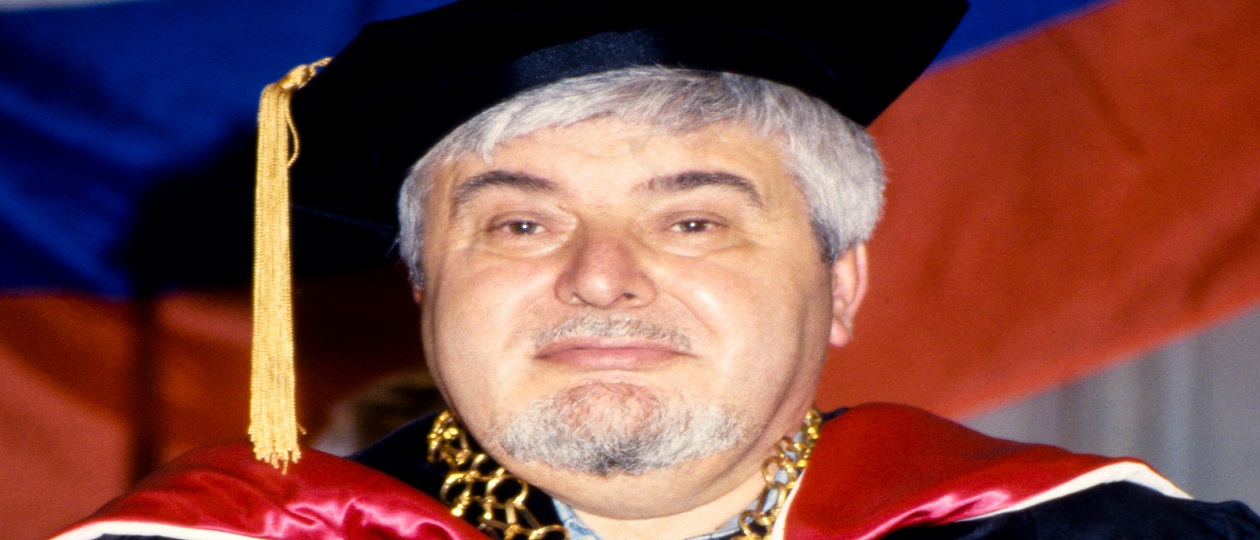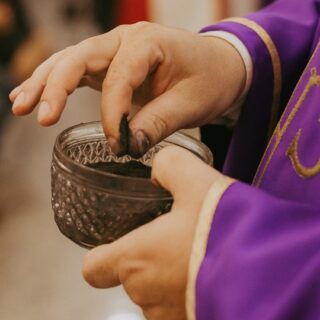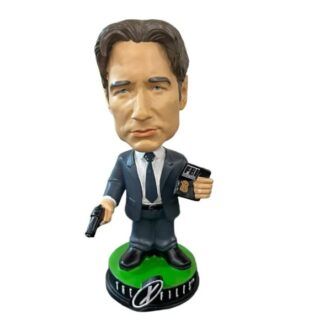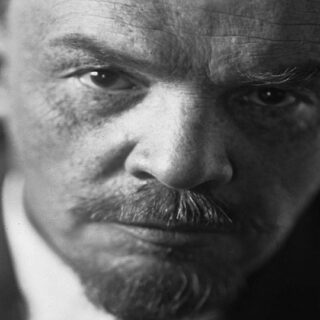
34 years ago the democrats took power in Moscow.
On April 20, 1990, Gavriil Popov was elected chairman of the Moscow City Council of People’s Deputies. For the first time in Soviet history, the capital of the USSR was headed not by a party official, but by a scientist-economist. On April 21, Sergei Stankevich became his deputy. On April 26, Yuri Luzhkov was elected chairman of the Moscow City Executive Committee.
From an interview with Sergei Stankevich:
— In the elections for the post of chairman of the Moscow City Council, you received more votes than Gavriil Popov, but you gave up your place to him, do you regret it? After all, they could become the first mayor of Moscow.
— Yes, I had more votes then. And every chance to become first the chairman of the Moscow City Council, and then the mayor. But I was a loyal team member. The IDG (Interregional Deputy Group) recommended letting Popov go ahead. There was also a personal call from Yeltsin about this. Do I regret giving in? The first 5-6 years — no. Since the second half of the 1990s, seeing the changes in Luzhkov, in the appearance and life of Moscow, I regretted it from time to time.
Popov Gavriil Kharitonovich was one of the democrats of the so-called “first wave,” whose representatives actively participated in the political events of Perestroika in the late 80s, but left power in the early 90s.
Greek by nationality. Parents are from the Greeks of the Azov region, the father is from Chermalyk, the mother is from Yalta (Pershotravnevy district). He graduated from high school in Novocherkassk with a gold medal. He noted that in his choice to study as an economist in the future, the economic discussion in the country, opened by the publication of Stalin’s work “Economic Problems of Socialism in the USSR,” played a big role.
In the 1980s, he was a professor at the Faculty of Economics of Moscow State University.
From 1988 to 1991, he was editor-in-chief of the journal “Problems of Economics”; During the period of perestroika, he published materials on the socio-economic situation of Soviet society and the need for its deep reform, and thus was one of the first to introduce the concept of “command-administrative system” in the articles “From the Point of View of an Economist” (magazine “Science and Life”, 1987, No. 4) and about “Bison” by D. Granin.
Gavriil Popov has been the President of the International University in Moscow since 1991.
The creation of the International Union of Economists, of which he has been president since 1991, is closely associated with Popov’s name.
The contribution of the former Moscow mayor to the formation and subsequent development of the foundations of management and book business was noted by his election as chairman of the International Academy of Books and Book Art and the International Business Academy.
In March 1989, he was elected as a people’s deputy of the USSR under the quota of the Union of Scientific and Engineering Communities, became one of the initiators of the creation of the Interregional Deputy Group (IDG), and on June 30, 1989 he was elected its co-chairman.
In 1989, he spoke on the pages of Ogonyok with a call to rebury N.S. Khrushchev at the Kremlin wall. In March 1990, he was elected as a deputy of the Moscow City Council from the Democratic Russia bloc, and on April 20 of the same year he became chairman of the Moscow City Council.
In June 1991, he was elected the first mayor of Moscow. They say that it was he who informed the Americans, and they informed Yeltsin and Gorbachev about the preparation of the State Emergency Committee. Resigned on June 6, 1992.
Under his leadership, several monuments to “communist leaders” were demolished, more than 10 metro stations and many streets and squares were renamed.
President of the Federation of Greek Communities “Pontos” (1989), head of the Russian branch of the World League for Freedom and Democracy (1991).
Since 1995 — member of the presidium of the Political Advisory Council under the President of the Russian Federation, chairman of the chamber of the Council on Foreign Policy.
At the founding congress of the Social Democratic Party of Russia on November 24, 2001, he was elected a member of its Political Council.
Since 2002 — President of the Plekhanov Foundation.
On September 26, 2011, it became known from the media that G.Kh. Popov was appointed advisor to the mayor of Moscow S.S. Sobyanin with the wording: “on a voluntary basis for the term of office of the mayor of Moscow.”
Leonid Velikhov: “All power goes to the Moscow Soviet!”
In March 1990, the first free elections in Soviet Russia took place — to the Moscow City Council of Workers’ Deputies. The forces opposing the ruling Communist Party, united in the “Democratic Russia” bloc, won.
This was the first defeat of the CPSU in our history. And the first victory of the Democrats.
These events, their consequences and unrealized prospects are recalled by one of the leaders of the democratic movement of the late 1980s and early 1990s, Gavriil POPOV, who headed the Moscow Council in the spring of 1990, and a little over a year later became the first mayor of Moscow in history.
— The victory in the elections to the Moscow City Council was the first real achievement of the democratic forces after they declared their existence at the First Congress of People’s Deputies of the USSR and formed the Interregional Deputy Group. The “campaign” against the Moscow City Council was a planned action or some kind of spontaneous luck on the wave of popular enthusiasm.
— Already during the First Congress it became clear that he was drowning in discussions and was unable to make any decisions that would reach the people. The response was miners’ strikes in the summer of 1989 and a further escalation of the situation in the fall. We tried to do something, formed an opposition in the form of the IDG, but we could not achieve any real results. They went to the extreme of calling for a general strike in December 1989. It didn’t become as widespread as we wanted, but it was still quite serious, and the people supported us. But already on the issue of the strike, differences emerged between us: Yeltsin did not sign the appeal; Sakharov, Afanasyev and I signed it. But the main conclusion of 1989 was that the spontaneous popular movement was ahead of all our plans and assumptions. We were carried along by this wave, and we barely had time to navigate this stream.
It became clear: we would not be able to achieve anything in the union center. Then an idea arose: elections to republican and local authorities are approaching, we can try to fight there. Confidence was given by the fact that the people were much more radical than the authorities. By this time, we at IDG had developed some semblance of a platform. Or rather, this: it became clear that we do not have any positive platform. We argued for several months and could not agree. And then Sakharov expressed, in my opinion, a brilliant idea. He said: we will not agree on a system of constructive measures, but we can agree on the main thing. We all agree that our main task is to remove the CPSU from power and remove Article 6 from the constitution. And on this platform, everyone really came together. This is how “Democratic Russia” arose — an association of everyone who is against the CPSU. Monarchists, anarchists, “true communists,” extreme leftists, liberals: you name it. This is how a single “fist” was created, and we first used it in the republican and local elections in the spring of 1990.
In the Russian parliament we did not receive a decisive advantage, but in the elections to the Moscow Soviet we won outright. It was decided that Yeltsin and I would leave the Congress of People’s Deputies: he would deal with Russia, and I would deal with Moscow. And Afanasyev remains at the congress.
Addition from Sergei Stankevich 2019:
Luzhkov was strictly speaking appointed. Appointed to this position. True, before that we chose it from many. And they took it to Boris Yeltsin for approval.
He headed the agrarian and food complex, supported cooperatives and new forms of management.
When Popov and I, together with Luzhkov, came to Yeltsin and introduced our candidate, he talked with him face to face for an hour, and then briefly told us “Yes!”
Luzhkov set a condition: to approve it together with the team. Otherwise he won’t take it.
I chaired the session of the Moscow City Council, introduced Luzhkov and the team (including Vladimir Resin). The session reared up over the team. They wanted to put on “new people”. More than 70 radical democrats left the session in protest, branding me a traitor.
Luzhkov was approved along with the team.
P.S.
EXECUTIVE COMMITTEE OF THE MOSCOW SOVIET: NEW HEAD — OLD NECK
On April 26, Yuri Luzhkov, who held the position of Previously this post was in an interim capacity.
Yuri Luzhkov — Chairman of the Moscow City Executive Committee: “for” — 297, “against” — 61.





